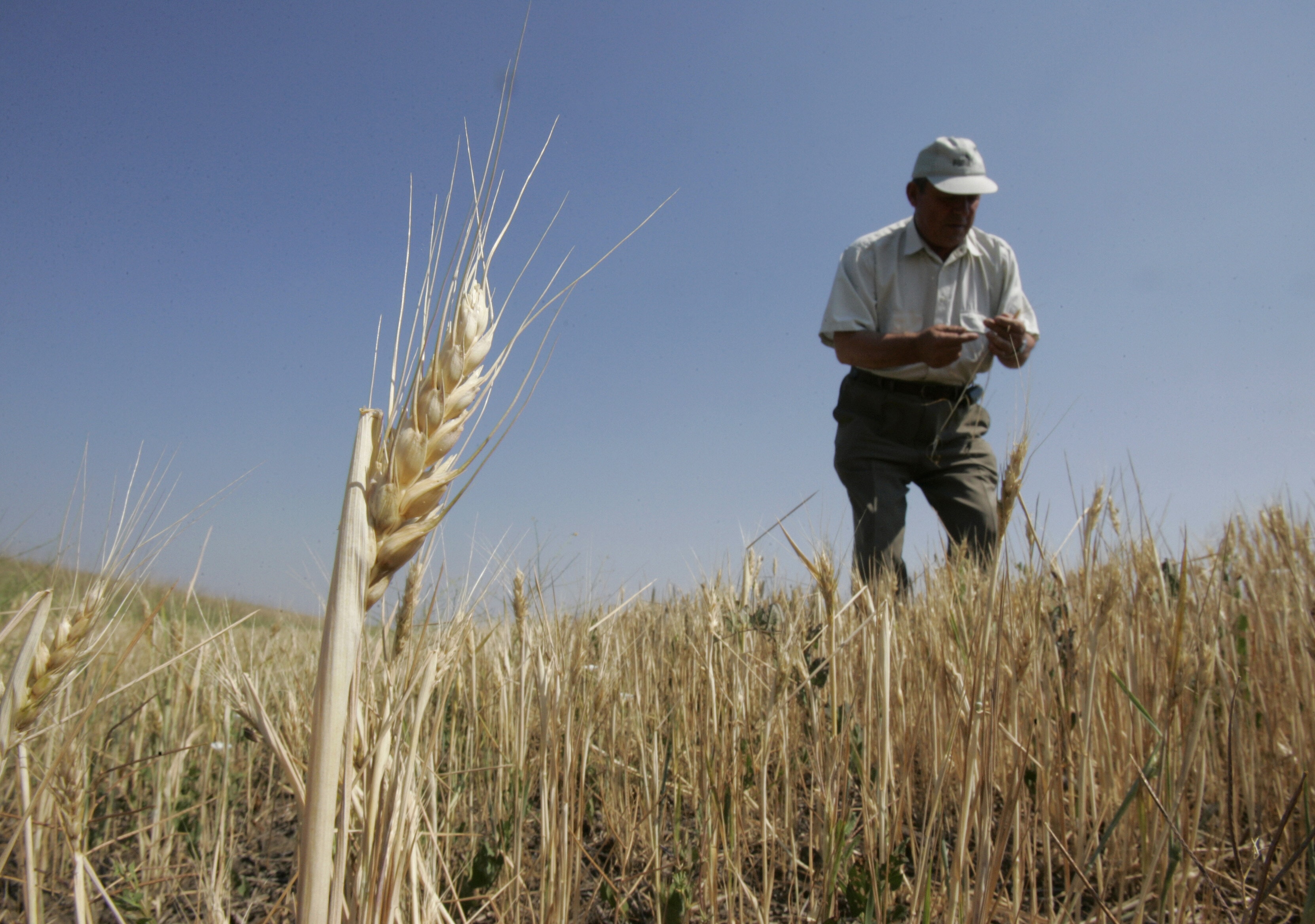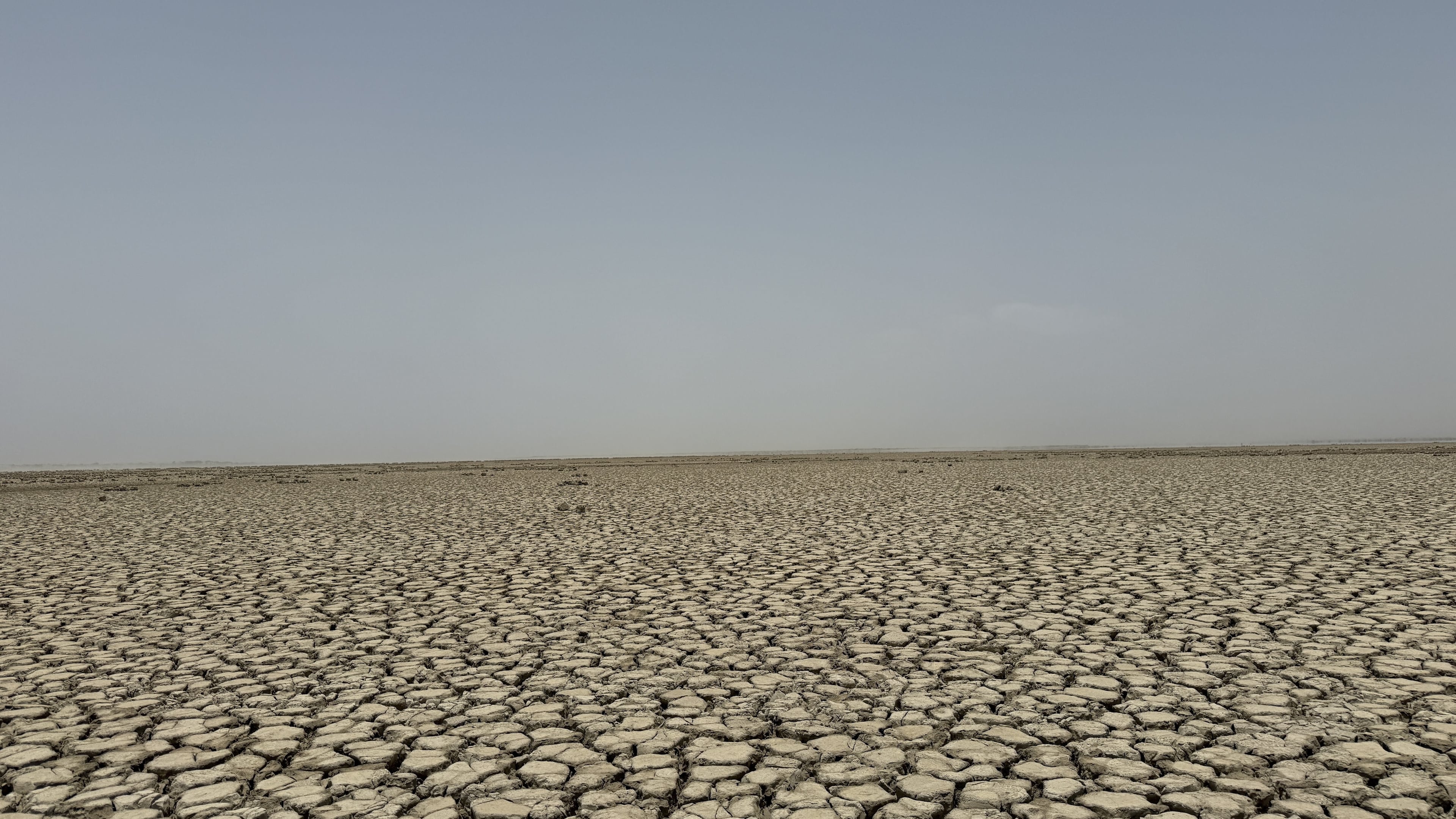This is how much natural disasters have cost in 2021 so far

Recent floods in Europe caused the deaths of 170 people.
Image: REUTERS/Thilo Schmuelgen
Stay up to date:
Insurance
- Insured losses from natural disasters reached $42 billion in the first six months of 2021, according to insurance broker Aon.
- The figure is a 10-year high for insured losses over the first half of the year.
- The polar vortex period of extreme cold in particular resulted in insured losses of some $15 billion.
- Aon's findings come in the wake of floods in Europe and China, which killed 170 and 12 people respectively.
On Wednesday, insurance broker Aon reported that insured losses from natural disasters reached $42 billion in the first half of 2021. While the figure represents a 10-year high for insured losses over the opening six months of the year, overall economic losses came in below the 10-year average at $93 billion. Aon's findings come in the wake of floods that have devastated parts of Western Germany, killing at least 170 people. Flooding also resulted in the deaths of 12 people in the Chinese city of Zhengzhou this week with footage of a submerged subway carriage going viral.
What’s the World Economic Forum doing about climate change?
Natural disasters that hit developed countries typically result in higher insured losses and Aon states that 72 percent of all insured losses in the first half of this year occurred in the United States. The polar vortex period of extreme cold in particular resulted in insured losses of some $15 billion. Down through the years, historical Aon data shows that the highest insured losses in the 21st century occurred in 2017 at $161 billion and 2011 at $160 billion. The latter was the year the tsumani struck Japan, resulting in the Fukushima disaster, where total economic losses reached $557 billion.
Accept our marketing cookies to access this content.
These cookies are currently disabled in your browser.
Don't miss any update on this topic
Create a free account and access your personalized content collection with our latest publications and analyses.
License and Republishing
World Economic Forum articles may be republished in accordance with the Creative Commons Attribution-NonCommercial-NoDerivatives 4.0 International Public License, and in accordance with our Terms of Use.
The views expressed in this article are those of the author alone and not the World Economic Forum.
Related topics:
Forum Stories newsletter
Bringing you weekly curated insights and analysis on the global issues that matter.
More on Climate ActionSee all
Tom Crowfoot
August 14, 2025
Sikander Bizenjo and Eric Shahzar
August 14, 2025
Tom Crowfoot
August 12, 2025
Luis Antonio Ramirez Garcia
August 11, 2025





